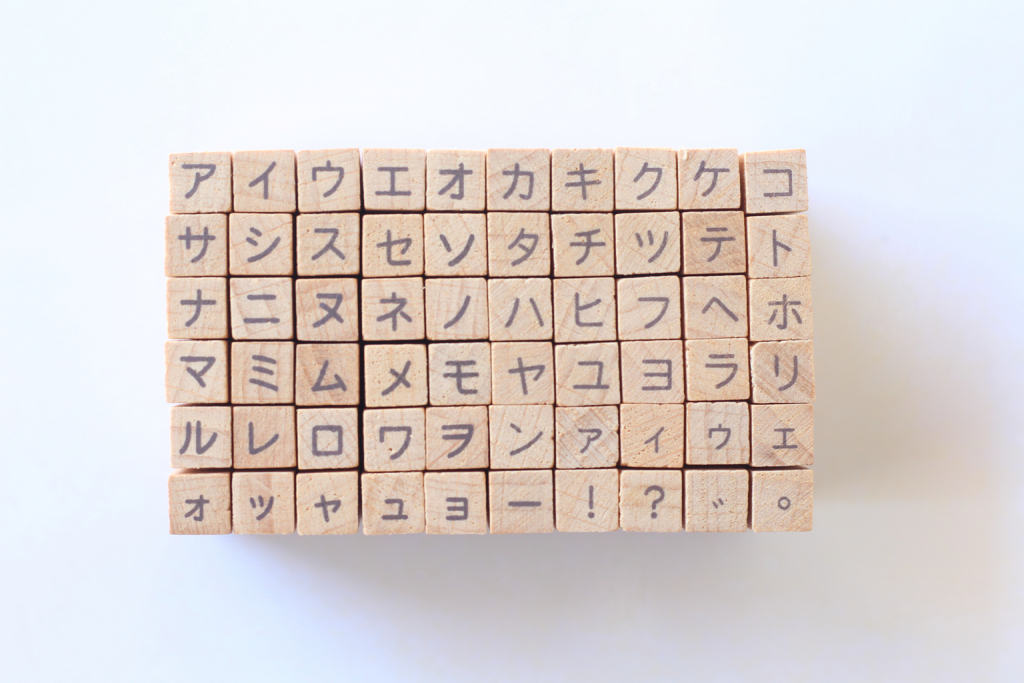As a man who has always regarded katakana as a lifelong enemy, the not so recent trend of incorporating an increasing number of random English words into the Japanese lexicon has been, vexing. Of course as languages grow and evolve it’s understandable new terms and phrases are brought into the language.
Just as kanji was adopted by the Japanese to improve upon and somewhat simplify the writing system, katakana is used as a medium to import Western words into the Japanese language – albeit to varying levels of success. For those who look at their textbooks and shudder, fear not, here is a helping guide to some essential katakana you should know to survive in Japan.
https://twitter.com/JeremyBlaustein/status/1091151264396730368
Company Katakana and Beyond
Working in a company in Japan can be intimidating. Add in a language barrier, and strange ever-changing katakana, and you have the recipe for a meltdown. Lucky for us all some of the adopted katakana stays true to its original meaning and can be used in the same way. One good example is グローバル (gurobaru), or global. Originally written as 国際的 (kokusaiteki) this new word began to creep in as Japanese companies sought to become bigger players on the international stage. In my books this is a point for katakana, as gurobaru will always be easier to pronounce than kokusaiteki.
“Over half of the respondents stated they didn’t know what the katakana words meant”
Katakana isn’t always so straightforward sadly. When a 2017 study aimed at Japanese native speakers by the cultural ministry paired some katakana words with their kanji counterparts they found that “over half of the respondents stated they didn’t know what the katakana words meant.”
As mentioned before, a lot of Western words have been mistranslated or been taken frightfully out of context. The word ファイト (faito), coming from the English word fight, has a less violent meaning than one might think. In Japanese, this word is used in the context of dig deep or do your best. When the word was first hurled at me during an elementary school sporting event it was naturally met with confusion. We were playing dodgeball, these are children. Why would we be fighting? However, faito isn’t as egregious as some of its katakana brethren.

An A-Plus Contribution
Allow us to present プラスアルファ(purasuarufa), or plus-alpha. This is a word which all those in the business community have had to wrestle with at one point or another. Plus-alpha is a strange word. It can be used to mean “more or less” “in addition to” and at times it’s just a filler word thrown into the conversation to add, what I assume is, international flair.
Once during a meeting, a man who had not spoken for a while shot off a wild plus-alpha into the wind and received congratulatory nods from his colleagues. He had contributed to the conversation and thus made his presence valid. I, however, who was attentively following the conversation found this addition not only hindered my understanding of the topic at hand, but deepened my hatred for katakana.
Take the Company Credit Card for a Spin
If perhaps a company credit card is involved in your daily duties you might wish to learn this particular katakana-kanji hybrid. The word リボ払い (ribobarai), or in its long-form リボルビング払い (riborubingubarai), roughly translates to revolving payments or paying in installments.
This is a little strange hybrid word, but it’s easy enough to understand when you break it down. The katakana part has been taken from the English word revolving, like a revolving door. The Japanese word 払い (harai), which means payment, is tagged on for good measure. This is a pretty important word to master for not only those with the power of the company card, but for anyone looking to apply for a credit card in Japan, as the first question asked when purchasing goods is usually what is your preferred method of payment.
I think a big issue with English speakers hearing katakana "English words" and having a problem with them being translated differently is because they don't get that they are not English words. They're pseudo-anglicisms that have been assimilated as part of the Japanese language. https://t.co/ncWvYeTO5g
— Andrew 'Steiner' Hodgson (@DistantValhalla) May 24, 2020
Pro tip: While ribobarai means to pay for something in installments, it’s not to be confused with 別々 (betsubetsu). Although this word also means to split payment, like all things in Japanese, context matters. Betsubetsu relates to separating the check between customers at a restaurant and doesn’t relate to credit card payments. However, in a moment’s weakness if you do confuse the two the teller will understand your meaning, and perhaps through staggered laughter the payment will be processed as normal.
With the usage of katakana only increasing it appears that haters of katakana, like myself, will have no choice but to endure its grips on the Japanese lexicon. Is the recent increase in English words a sign of changing times in Japan, and might we see a further increase in the nation’s interest in English? Time will tell.
Updated On April 26, 2021









